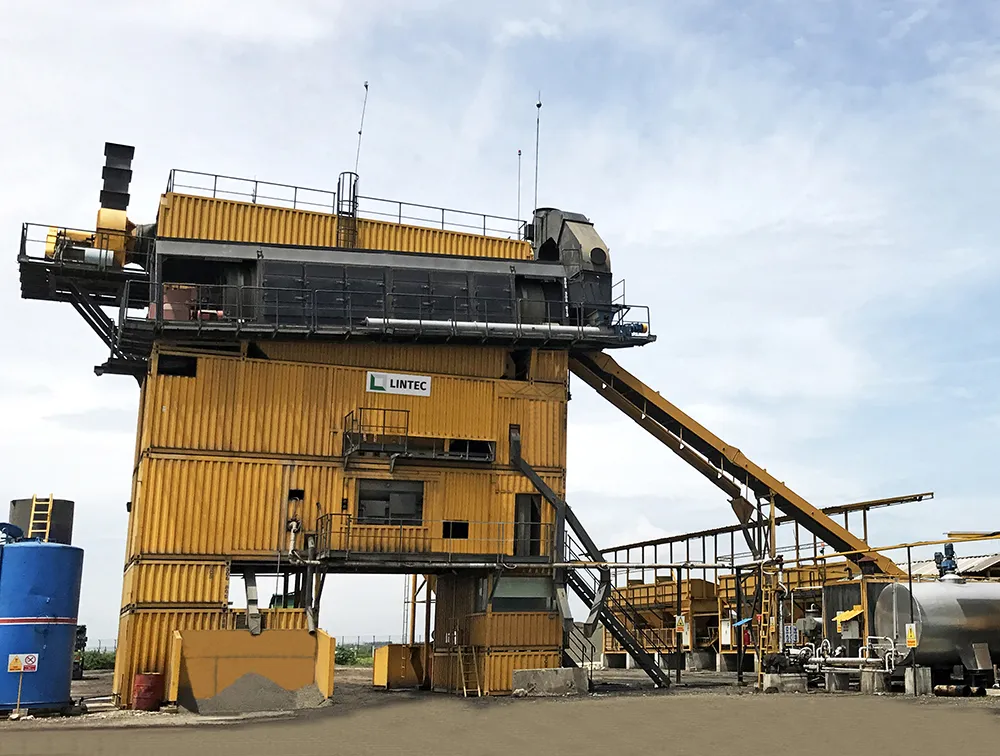In Russian capital Moscow the Department for Transport and Road Infrastructure has prepared a draft ordinance restricting heavy truck transport in hot weather. The document is introducing temporary traffic limitations for the transportation of heavy cargo. The restrictions apply to asphalt-concrete roads during 15th June – 15th August and applies when ambient temperatures top 32° C. The restrictions are not expected to last for more than 30 days. Traffic may also be restricted during road construction and r
June 14, 2012
Read time: 1 min
In Russian capital Moscow the Department for Transport and Road Infrastructure has prepared a draft ordinance restricting heavy truck transport in hot weather. The document is introducing temporary traffic limitations for the transportation of heavy cargo. The restrictions apply to asphalt-concrete roads during 15th June – 15th August and applies when ambient temperatures top 32° C. The restrictions are not expected to last for more than 30 days. Traffic may also be restricted during road construction and repair schedules and at rush hour, when roads hit capacity.







